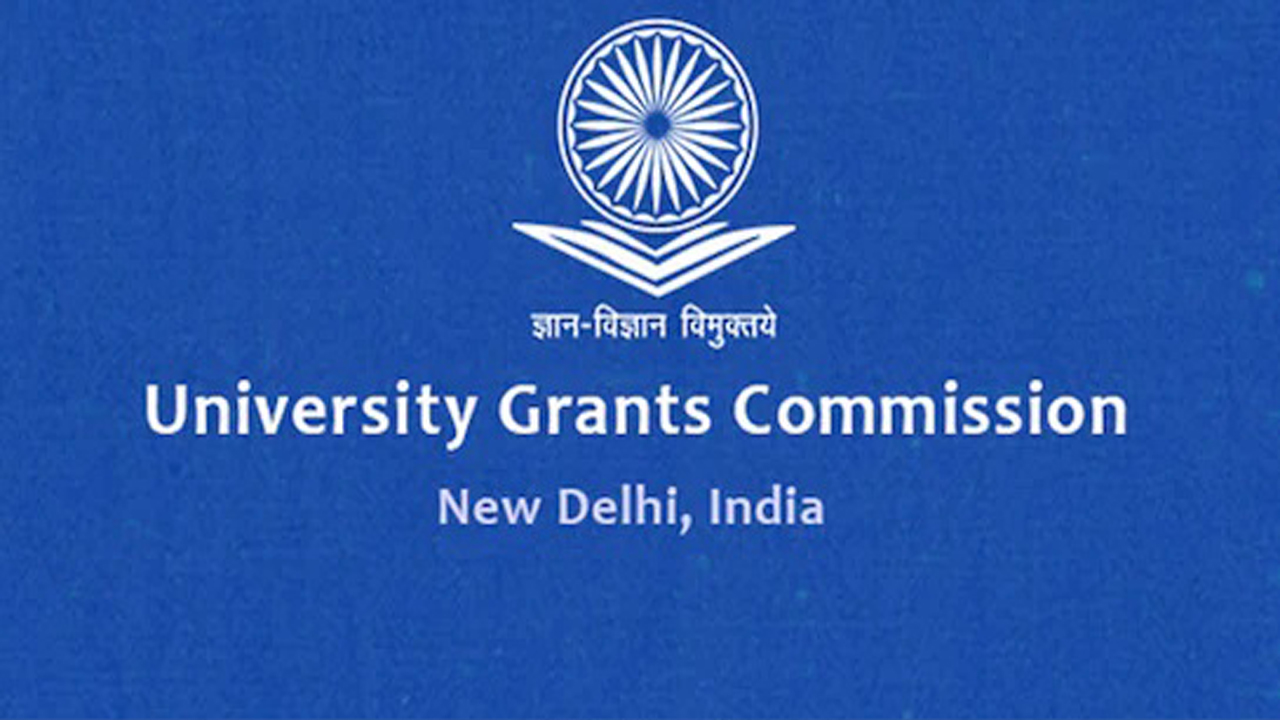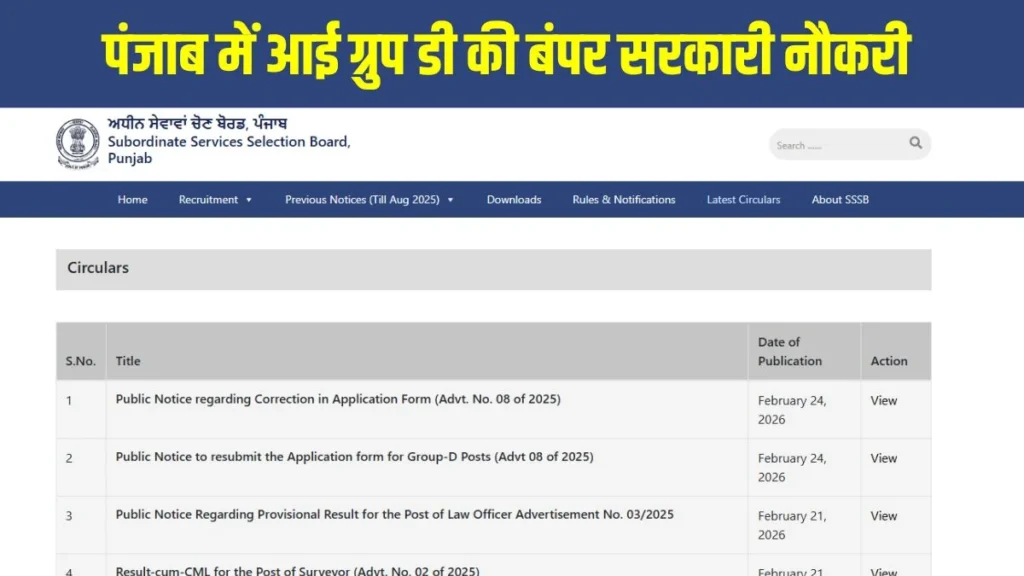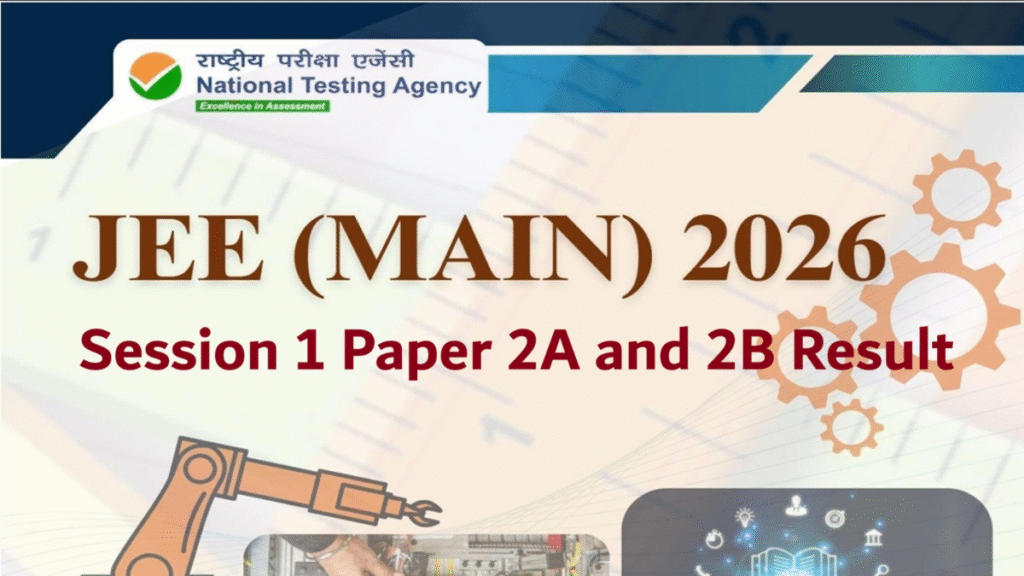Now Reading: Headline: Landmark Shift in Higher Education: NET Exam No Longer Mandatory for Assistant Professor Posts
-
01
Headline: Landmark Shift in Higher Education: NET Exam No Longer Mandatory for Assistant Professor Posts
Headline: Landmark Shift in Higher Education: NET Exam No Longer Mandatory for Assistant Professor Posts

In a groundbreaking move poised to reshape the landscape of higher education in India, the University Grants Commission (UGC) has announced a significant change in the eligibility criteria for Assistant Professor positions. The National Eligibility Test (NET), previously a mandatory qualification for aspiring academics, will no longer be required for direct recruitment to this entry-level teaching post in universities and colleges. This decision, part of a broader revision of the UGC’s regulations on minimum qualifications for teachers and academic staff, aims to bring greater flexibility, inclusivity, and dynamism to faculty recruitment processes.
The NET Exam: A Brief Overview
The NET exam, conducted by the National Testing Agency (NTA), has long served as a benchmark for determining the eligibility of candidates for Assistant Professor positions and for Junior Research Fellowships (JRF) in Indian universities and colleges. The exam assesses candidates’ teaching and research aptitude, as well as their subject-specific knowledge. Qualifying for the NET has been a crucial step for postgraduate students aspiring to enter the academic profession.
Why the Change? Rationale Behind the Decision
The UGC’s decision to remove the mandatory NET requirement for Assistant Professor posts stems from a comprehensive review of the existing regulations and a desire to address certain challenges and limitations. Some of the key factors that influenced this decision include:
- Promoting Research and Innovation: The UGC aims to encourage more research-oriented individuals to enter academia. By prioritizing postgraduate qualifications, especially those with a strong research component like M.Phil. and Ph.D., the new regulations seek to attract individuals with a proven track record of research and a deeper understanding of their subject areas.
- Enhancing Flexibility and Inclusivity: The mandatory NET requirement has been perceived by some as a barrier to entry for talented individuals who may not perform well in standardized tests but possess strong academic credentials and teaching potential. Removing this requirement opens up opportunities for a more diverse pool of candidates to enter the teaching profession.
- Aligning with Global Practices: Many leading universities around the world do not have a mandatory qualifying exam for entry-level faculty positions. The UGC’s decision aligns Indian higher education with global best practices and facilitates the recruitment of international faculty.
- Streamlining the Recruitment Process: Eliminating the NET requirement simplifies the recruitment process for universities and colleges, allowing them to focus on other crucial aspects such as candidates’ teaching experience, research publications, and subject matter expertise.
Key Changes in the New Regulations
The revised UGC regulations introduce several significant changes to the eligibility criteria for Assistant Professor positions:
- NET Not Mandatory: As mentioned earlier, the NET exam is no longer a mandatory requirement for direct recruitment to the post of Assistant Professor.
- Emphasis on Postgraduate Qualifications: Candidates with a postgraduate degree in the relevant subject with a minimum of 55% marks will be eligible to apply for Assistant Professor positions.
- Preference for Research Degrees: Candidates with M.Phil. and Ph.D. degrees will be given preference in the selection process, recognizing the importance of research experience in academic roles.
- Other Selection Criteria: Universities and colleges will have the autonomy to consider other relevant factors during the selection process, such as teaching experience, research publications, presentations at conferences, and performance in interviews.
Impact and Implications
The UGC’s decision to remove the mandatory NET requirement is expected to have a far-reaching impact on higher education in India:
- Increased Diversity in Faculty: The new regulations are likely to attract a more diverse range of individuals to the teaching profession, including those from different academic backgrounds, research areas, and demographic groups.
- Focus on Quality Research: By prioritizing research degrees, the UGC aims to promote a research culture in higher education institutions and encourage faculty members to engage in cutting-edge research.
- Greater Autonomy for Institutions: Universities and colleges will have greater flexibility in designing their recruitment processes and selecting candidates who best fit their specific needs and priorities.
- Potential Challenges: Some experts have raised concerns about the potential for inconsistencies in recruitment standards across different institutions. It will be crucial for the UGC to provide clear guidelines and ensure that universities and colleges maintain high standards in their selection processes.
Final Thought
The UGC’s decision to eliminate the mandatory NET requirement for Assistant Professor positions marks a significant shift in the Indian higher education landscape. This move has the potential to bring about positive changes in faculty recruitment, research culture, and the overall quality of higher education. While some challenges may arise in the implementation of these new regulations, the UGC’s focus on promoting research, inclusivity, and institutional autonomy is a welcome step towards building a more dynamic and globally competitive higher education system in India.










